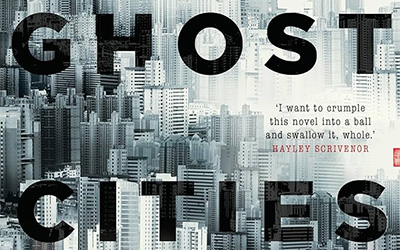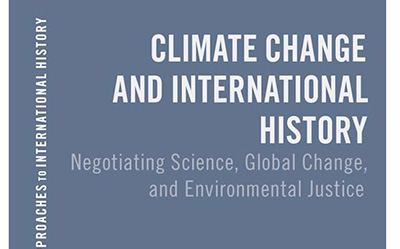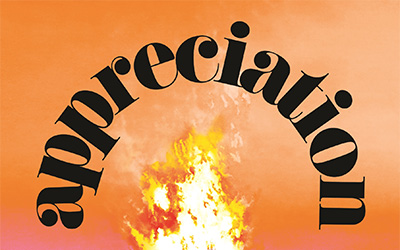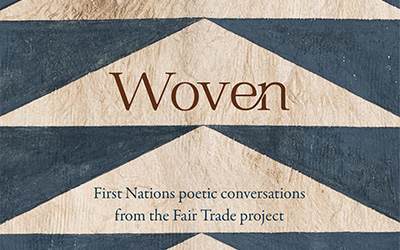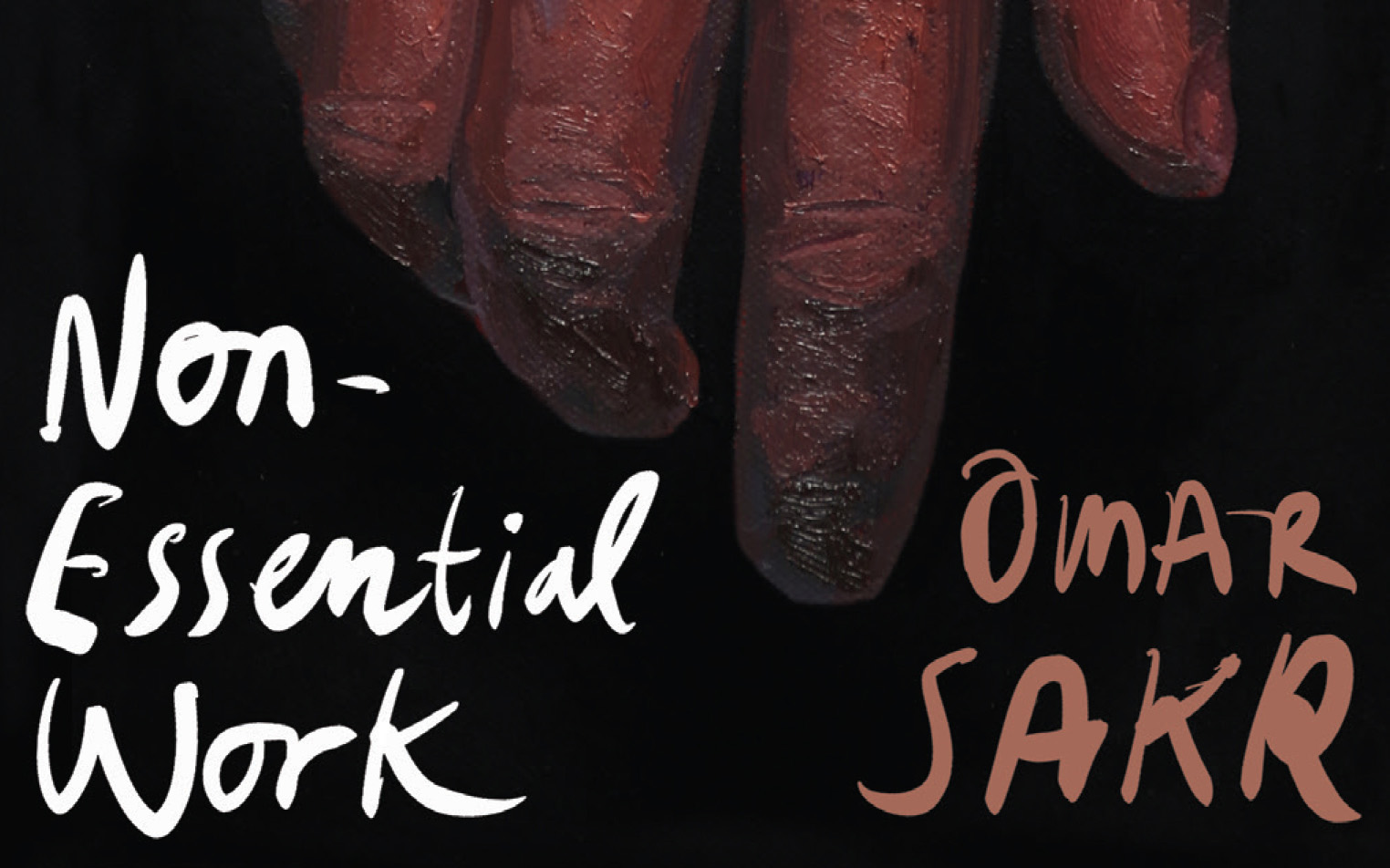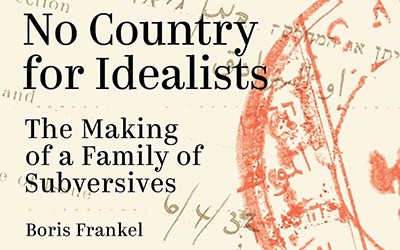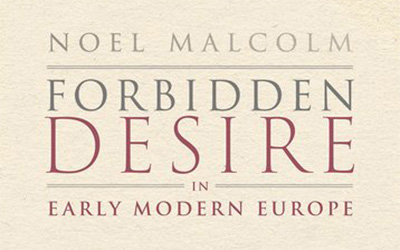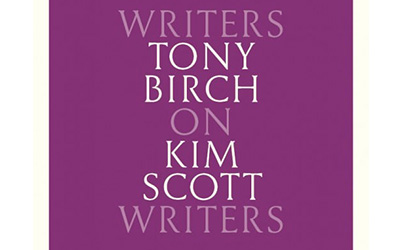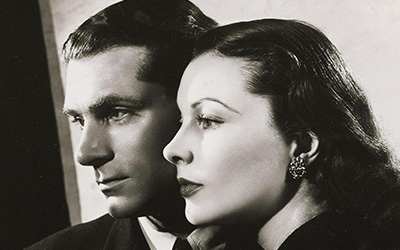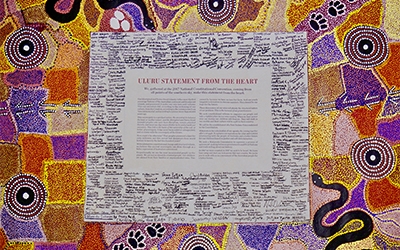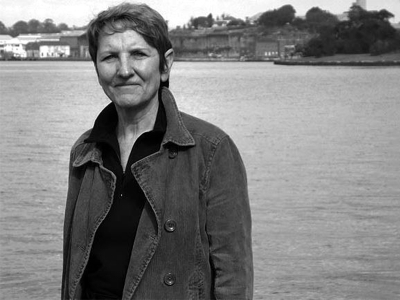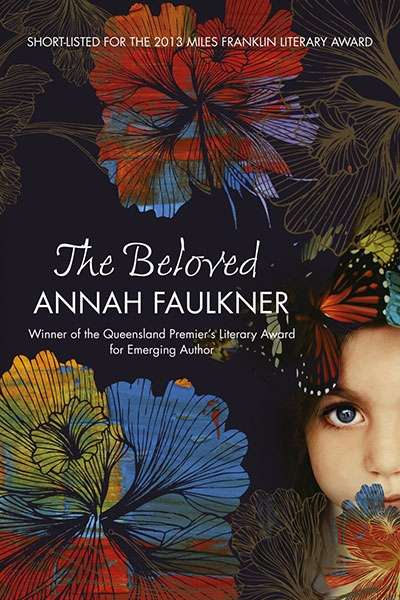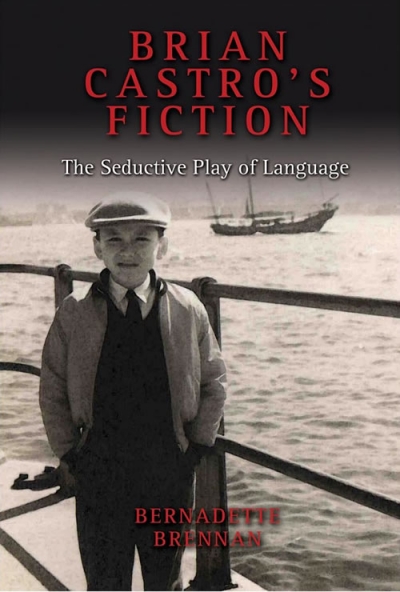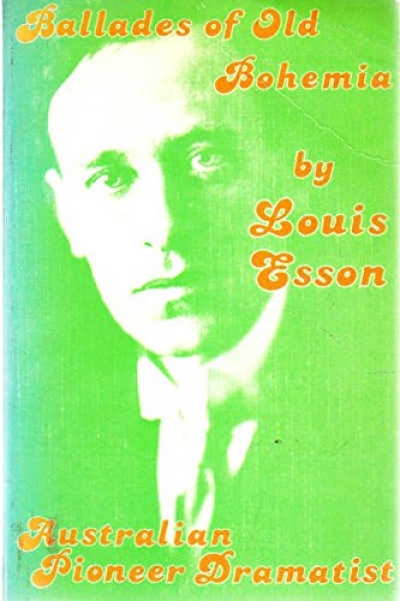Accessibility Tools
- Content scaling 100%
- Font size 100%
- Line height 100%
- Letter spacing 100%
Current Issue
Short story
She brings the light in
Just the slightest movement of the curtain as she stands by the window. Just a touch. That’s how she brings the light in, Jacqui does. Just before dawn, with only the smallest movement of her finger, and in comes the light. I see it reach the Golden Cane Palm, highlighting the larger fronds, their dark becoming green. Jacqui looks at those fronds, as I do, while the light begins to fill the room. She turns her head to me as if in a studied pose, rehearsed.
Commentary
The prison of the past: The promise and the risk of the Yoo-rrook Justice Commission
In early 2021, the Victorian government announced the creation of the Yoo-rrook Justice Commission to investigate the harms done to Aboriginal people through colonisation. Named after the word for truth in the Wemba Wemba/Wamba Wamba langauge, Yoo-rrook will be the first exercise of its kind in an Australian jurisdiction and one of the most significant responses yet offered to the call for Voice, Treaty and Truth issued by the Aboriginal peoples of Australia in the ‘Uluru Statement from the Heart’.
The ABR Podcast
PODCAST
The ABR Podcast
The ABR Podcast is released every Thursday and features reviews, poetry, fiction, interviews, and commentary. Subscribe via iTunes, Google, or Spotify, or your favourite podcast app.
Interview
Open Page with Louis Nowra
Interview
Pam Brown is Poet of the Month
Interview
Open Page with Gideon Haigh
From the Archive
Ways of seeing
‘God gave me polio?’ Taken aback by her grandmother’s bland insistence on unquestioning submission to divine will, the six-year-old child in Annah Faulkner’s novel The Beloved has already started questioning the articles of faith and the assumptions of the adults in her world, in that penetrating way some children have. Clearly she is not going to take to religion. Other early certitudes fall away as she gets older: Father Christmas; her parents’ love for each other; her mother’s understanding of her deepest nature.
From the Archive
David Callahan reviews 'Brian Castro's Fiction' by Bernadette Brennan
Brian Castro has been leading his readers on an exhilarating chase since Birds of Passage in 1983, and his allusive, melancholy but sensual work leads Bernadette Brennan to being confidently: ‘Brian Castro is one of the most innovative and challenging novelists writing in English today.’ In her attempt to prove the justice of this assertion, Brennan is far too attuned to the richness of Castro’s work to try to establish any sort of total explanatory grid, and her book is less an attempt to tidy Castro up than a guide to some of the places where we might most profitably enjoy him.
One of the principal characteristics of Castro’s work, after all, is the ambition with which he calls out to his readers, inviting us to rise to the challenge and participate in the enjoyment of the dazzling multiplicity of issues, references, allusions, plays on words, and theoretical gambits that rub shoulders (and other parts) throughout his books.
From the Archive
Ballades of Old Bohemia: An anthology of Louis Esson edited by Hugh Anderson
This volume will come as a surprise to those who think of Esson simply as the father of Australian drama, the man who set out with the avowed aim of building up a national school of Australian drama, the author of the ironically titled classic, The Time Is Not Yet Ripe. Esson was not merely a talented playwright, but a prolific freelance writer and journalist as well as a dedicated nationalist and socialist. This is the first representative selection of his work to be published: it is a compendium of his verse, stories, short plays, and articles, political, literary, and humorous.






